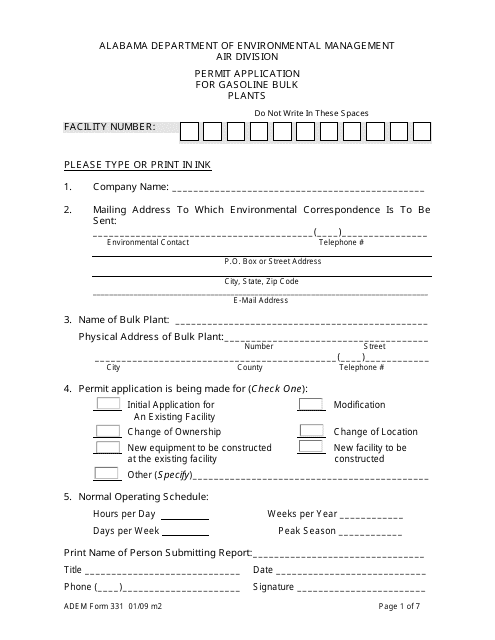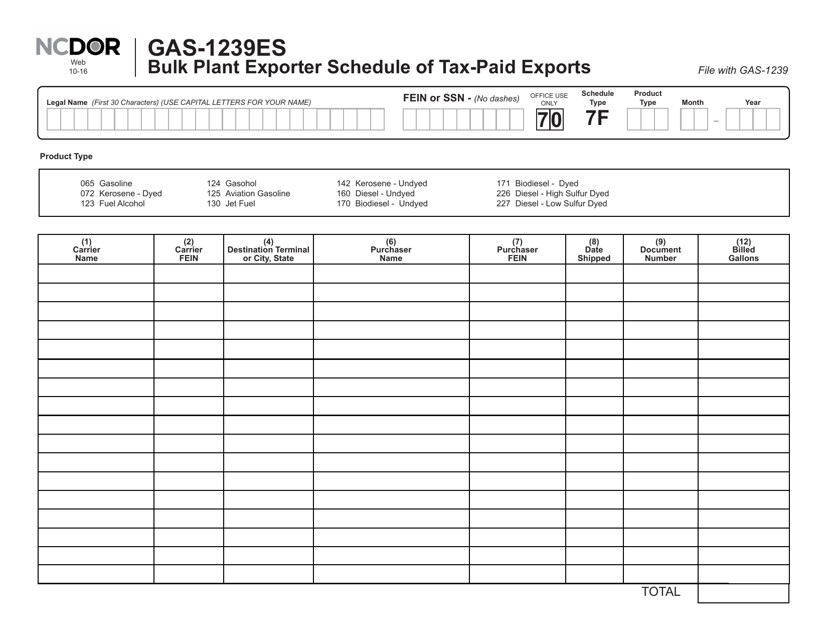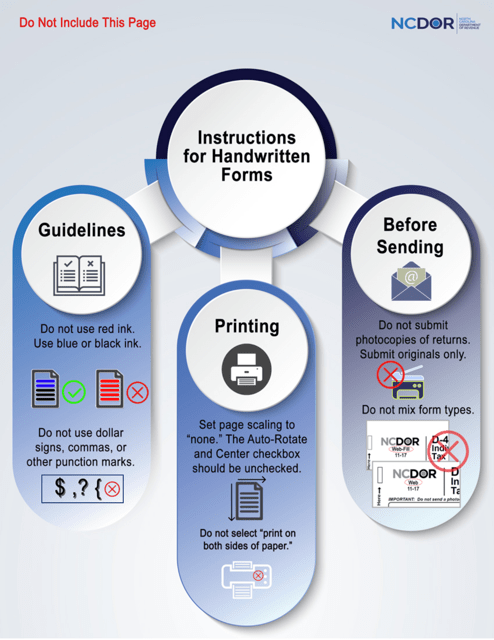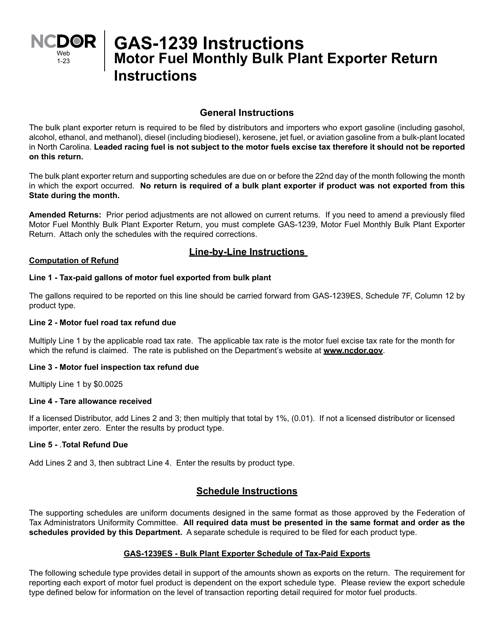Bulk Plants Templates
Bulk plants, also known as bulk plant facilities or bulk storage facilities, are essential for storing and distributing large quantities of gasoline and other petroleum products. These facilities play a crucial role in the fuel supply chain by ensuring an adequate and timely supply of fuel to various industries and consumers.
At a bulk plant, gasoline and other petroleum products are received in large quantities and stored in tanks or containers. These facilities are equipped with state-of-the-art equipment and safety measures to ensure proper handling, storage, and distribution of these hazardous materials.
Bulk plants are subject to strict regulations and permitting requirements to ensure the safety of workers, the community, and the environment. Government agencies, such as the Alabama Department of Environmental Management (ADEM) and the North Carolina Department of Revenue, require operators of bulk plants to submit permit applications and monthly reports to monitor compliance with regulations.
Operators of bulk plants are also required to maintain accurate records of fuel transactions, including exports and sales. The North Carolina Department of Revenue, for example, requires exporters to file the Form GAS-1239 Motor Fuel Monthly Bulk Plant Exporter Return. This form provides detailed information on fuel exports, including quantities, destinations, and taxes paid.
In order to assist bulk plant operators with their reporting obligations, government agencies provide detailed instructions on how tofill out the required forms. For instance, the North Carolina Department of Revenue provides detailed instructions for completing the Form GAS-1239 Motor Fuel Monthly Bulk Plant Exporter Return. These instructions help ensure accurate reporting and compliance with tax laws and regulations.
Operating a bulk plant requires adhering to strict safety guidelines and best practices. These guidelines cover various aspects, including spill prevention, fire safety, emergency response, and employee training. Compliance with these guidelines not only ensures the safety of workers and the surrounding community but also reduces the risk of accidents and environmental contamination.
In conclusion, bulk plants are critical components of the fuel supply chain, providing a safe and efficient means for storing and distributing large quantities of gasoline and other petroleum products. With strict regulations and reporting requirements, operators must maintain proper documentation and adhere to safety guidelines to ensure compliance and protect workers, the community, and the environment.
Documents:
6
This Form is used for applying for a permit to operate gasoline bulk plants in Alabama.
This form is used for reporting tax-paid exports of fuel from a bulk plant in North Carolina.




